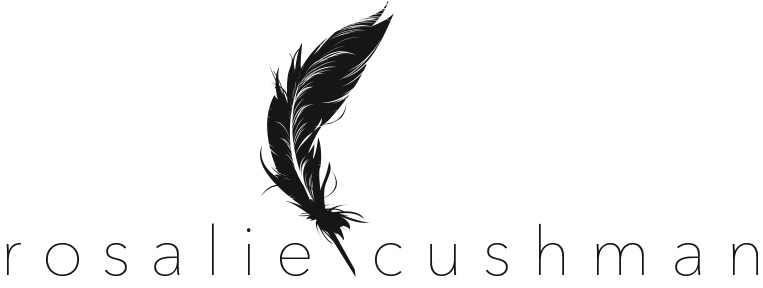Bird #1 (excerpt from book manuscript)
Carol. She was a tall woman, possessing a kind of gleam to herself, an energy with twinkly eyes and no small amount of innocence, oddly enough. In a self-possessing sort of way she carried her naïveté on her sleeve at times, right along with her highly intelligent mind in command of American literature.
THE FIRST UNFOLDING
Our friendship began in the early 1970’s. She was my Modern American Lit teacher in college. I was in my early 20s and Carol at the other end of them, yet in a uniquely American turn, we matured into adulthood together. So strange. As things would have it, the magnetic pole of a potential friendship began quickly after an office visit to discuss a book she was teaching in the class.
As friendships go, ours was a meant-to-be sort of thing, quickly obliterating the barriers of student and teacher roles. Our uncanny need for an emotional and psychological connection was profound, eventually driving it to a deep and lifelong friendship—rare indeed in the modern age.
It would take volumes to describe all the nuances of our enduring friendship. Suffice it to say, it was a connection that was wide and deep and one of ongoing discovery. Besides each of our ravenous aptitudes for learning all kinds of things in the world, we each had a substantial hunger for self-learning as well, for making sense of what we were all about that encircled us individually and together.
THE WIDER WORLD
We also foraged and dissected American culture and all of its nuances thereof, particularly political culture. Ours was a time beginning between the Vietnam war, Watergate, the Womens’ movement, black and white culture issues, and to a lesser extent even the drug culture; we processed all of it. When I say processed, I really mean we jawed on and on about it endlessly, picking apart what each category might mean to the society and to our individual participation in it.
But mostly over the years we processed human relationships — friendships, marriages, breakdown of marriages, and of course Iran. We also processed what turned out to be a personal scandal of earthquake proportions in her life — that of learning her father was not her biological father, that discovery coming later in her life.
A TURNING
There are so many times that I think of her, wishing she were here. Processing our lives was our greatest growth-enhancing activity, therapy, and — I’ll be frank — entertainment. We could spend hours crying and laughing about all manner of issues, large and small. I’m not sure I would have made it through the rough patches had we not believed in the others’ power, talent and worth when we didn’t believe in our own. We were a buoy for one another. Until a slow but subtle shift began to occur.
It was decades later, she in the latter years of her forties and I in my late thirties, that two critical confessions occurred born out of an inability to keep the pain of our shared but disparate addictions hidden from one another any longer. While we had both turned our chins off kilter, these confessions turned out to be both a solace and an odd juncture emotionally. Our confessions opened up a chasm that had slowly been developing for years. As luck would have it, our revelations to one another were the very acts that drew us back together.
